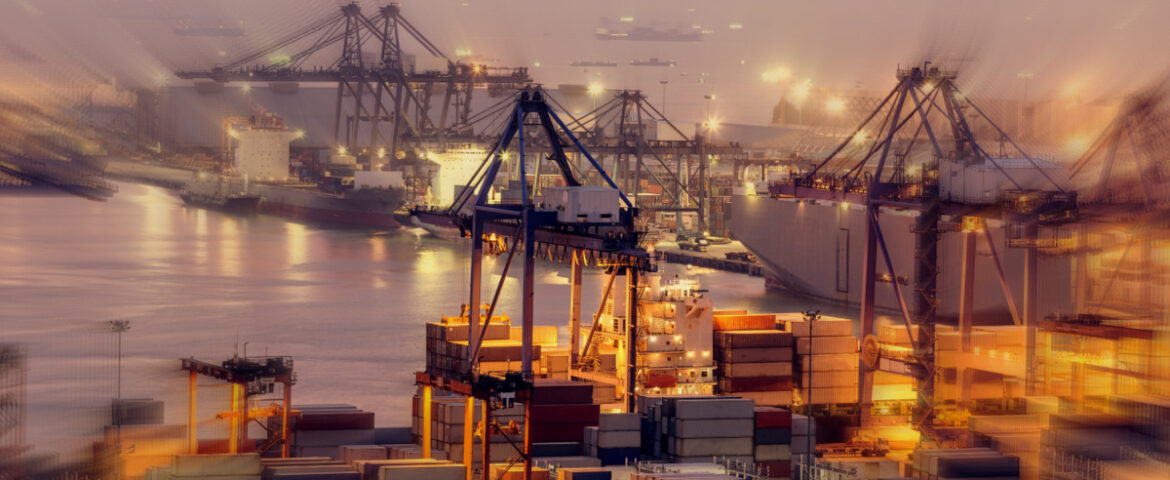 Celebrating 25 years since the establishment of the Association, the International Association of Maritime Economists (IAME) Annual Conference organised a special opening session to discuss the future of maritime and port economics.
Celebrating 25 years since the establishment of the Association, the International Association of Maritime Economists (IAME) Annual Conference organised a special opening session to discuss the future of maritime and port economics.
PortEconomics co-director Thanos Pallis presented a call for a more measured pace port studies development and dissemination.
PortEconomics invites its readers to follow the link in order to download the call – and, not least, to apply the concept: Pallis A.A. (2017): Slow port studies. IAME 2017, Kyoto, Japan, June 2017.
Alternatively, you might read the text as follows:
Slow Port Studies
Applying the ‘Slow Science’ concept in Port Studies [1] [2]
 by Thanos Pallis
by Thanos Pallis
1.
Paying tribute to one of the best of maritime economists of all, and the first President of the International Association of Maritime Economists (IAME), the late Richard Goss who passed away on February 8, 2017, it is worth recalling that in the 1980s Richard took a long-lasting sabbatical to visit and study seaports around the world. He then devoted enough time to produce a series of four seminal works on economic policies and seaports, published in Maritime Policy and Management in 1990.
Richard was able to provide these pillars of modern port studies as he was working in a scholarly environment characterized by a focus on in-depth discussion, extensive field research, and well-targeted publications. If scholars in the field want to understand the evolution of port studies, they should read the fruits of what is, essentially, an unconscious endorsement of the ‘Slow Science’ concept in port studies development and dissemination.
2.
Since then, research in port economics, management, and policy has emerged to a distinctive and maturing research field.
Seven decades after the early post–World War II years, when public ports became concerned about how to address changing demands on them arising from vessel technology and new methods of cargo handling, a continuously increasing number of maritime and port economists is engaged in research aiming to answer the very same questions within a very different context.
This rising research community also attempts to addresses a number of ‘new’ questions. Review studies conducted by the founding members of the PortEconomics web-initiative – and published in the well respected scholarly journals Transport Reviews[3] and Maritime Policy & Management[4] – identified how rapidly the interest to study new questions multiplies, and the attractiveness to read this most interesting sector flourishes.
3.
In the 2010s the number of published port studies increased substantially. The huge output leads to important advances in the field.
However, many would argue that the quality of published research could be improved substantially. Perhaps a greater focus of the research community on quality of research output to some extent opposed to quantity of research output) would lead to greater advances of port studies. This research note is the result of an attempt to discuss precisely this issue in the port and maritime research community.












